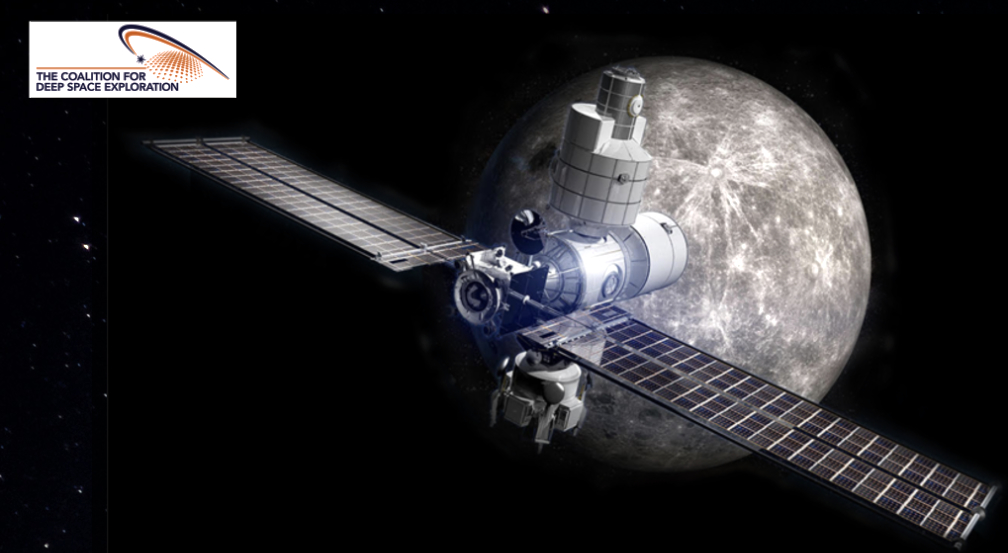
The Coalition for Deep Space Exploration (Coalition) strongly commends the House Appropriations Subcommittee on Commerce, Justice, Science, and related agencies (CJS) Subcommittee for its markup of the FY2022 NASA Budget – a top line budget of $25.04 billion that is $240 more more than the president’s request and $1.77 billion more than the FY21 NASA appropriation.
The Coalition is especially appreciative of the increased budget for major programs of record – the International Space Station (ISS), Space Launch System (SLS), Orion and Exploration Ground Systems (EGS), including funds to develop the Exploration Upper Stage (EUS), the second SLS Mobile Launch Platform and also increases in funding for Earth and space science programs and funding for STEM education.
This 7.6% increase in NASA’s budget, adjusted for inflation, is welcome and continues the recent trend of Congress increasing NASA budgets above presidential requests. However, we must also note that in constant dollars, NASA is back to where it was in the early 1990s while the inflation-adjusted U.S. Gross Domestic Product has nearly doubled over these years. In addition, it lags behind the growth of other Federal scientific and research organizations. The National Science Foundation, for example, received a 20% increase in this year’s presidential budget request.
The Coalition looks forward to the Senate CJS Appropriations Subcommittee action and we encourage them to do at least as well as these House CJS NASA budget numbers. We also urge that a final infrastructure package include NASA infrastructure investments as advocated by the NASA Administrator in his recent congressional testimony.
Underinvestment in NASA occurred for decades even though space investments produced tremendous economic and scientific benefits for our nation while increasing our international prestige and inspiring future generations of scientists and engineers. Prior government space investments enabled a vibrant commercial space industry providing telecommunications, internet, and earth observation services as well as an emerging commercial low Earth orbit market. The Coalition will continue to advocate for further NASA investments in future budgets.
Our industry’s work on SLS, Orion, and EGS is a national effort that sustains nearly 19,000 jobs across all levels of the U.S. workforce. NASA’s 2020 Economic Impact Report estimated the Artemis program overall generated more than $14 billion in total economic output across the country while contributing an estimated $1.5 billion in federal, state and local tax revenues nationwide. A wide variety of U.S. companies are building the components of these systems, including small businesses, women-and minority-owned businesses, entrepreneurial startups, established aerospace companies and everything in between. This combination of diverse enterprises is the key to the success of America’s space program.
The Coalition does not seek to increase NASA’s budget by reducing other science investment accounts. Rather, we urge an increase in overall U.S. R&D spending as a percentage of the federal budget, which has declined since the 1990s. Moreover, from 2000 to 2018, China’s share of global R&D increased from 4.9% to 26.3% while the U.S. share of global R&D went down from 39.8% to 27.6%.
In summary, Coalition President and CEO, Frank Slazer, said, “The Coalition greatly appreciates the House CJS Appropriations Subcommittee efforts to increase NASA funding. NASA has been directed to return to human deep space exploration since the FY2010 NASA Authorization bill, but our wallet has not always matched our rhetoric. We look forward to building on this strong budget in future years. As we seek to assure our continued leadership in space, we cannot be satisfied with 1990s funding to address 21st Century challenges.”
